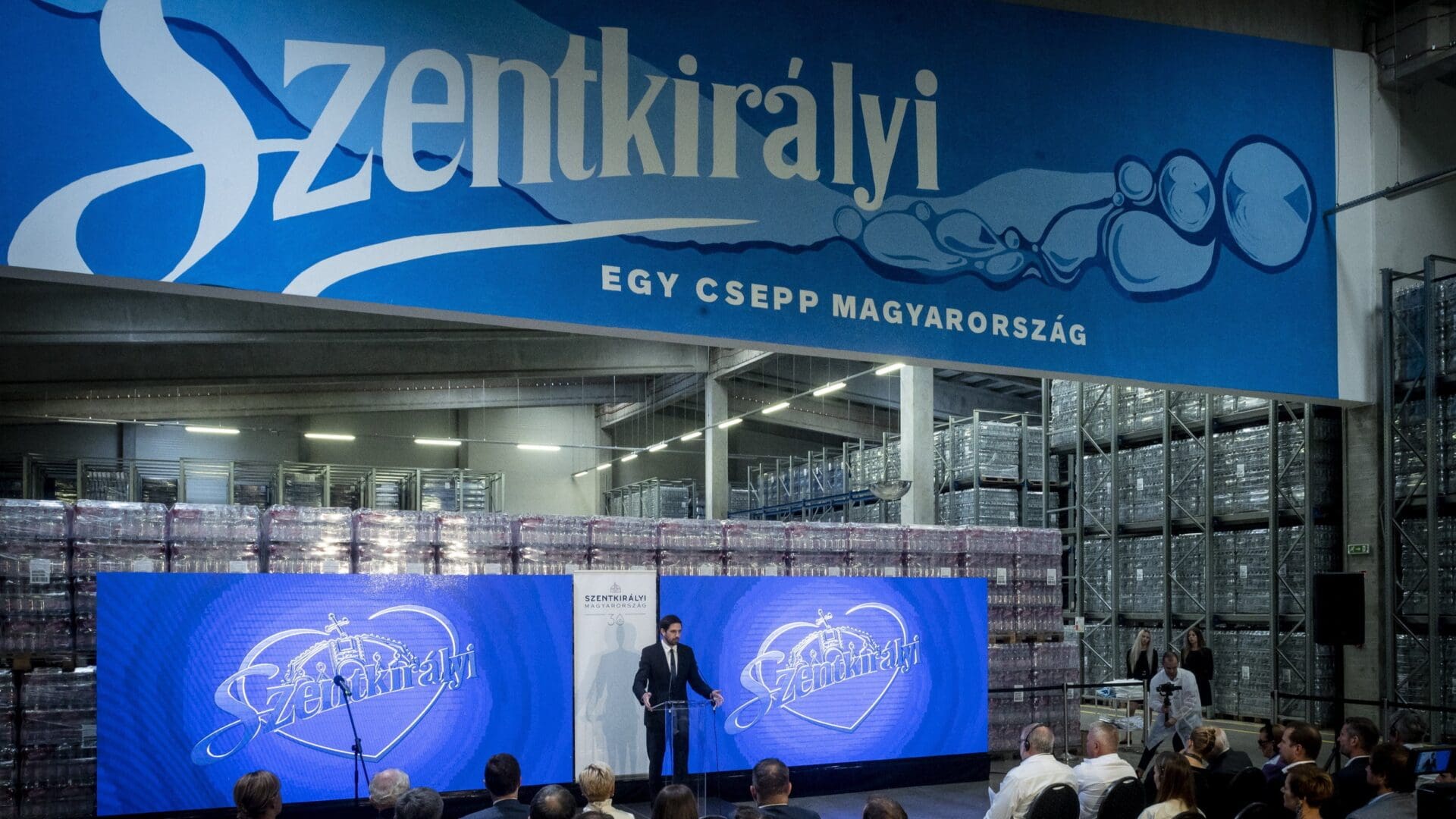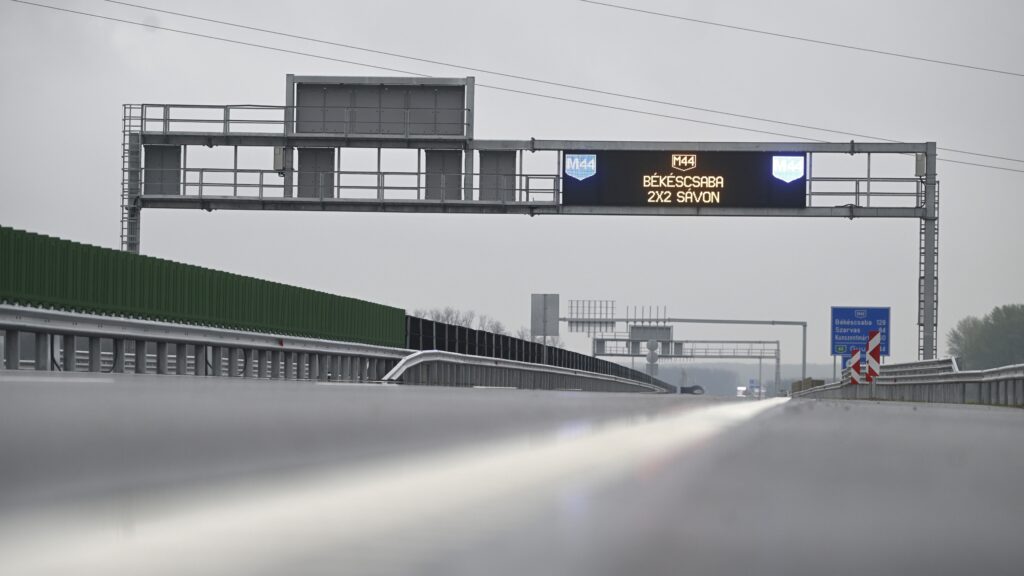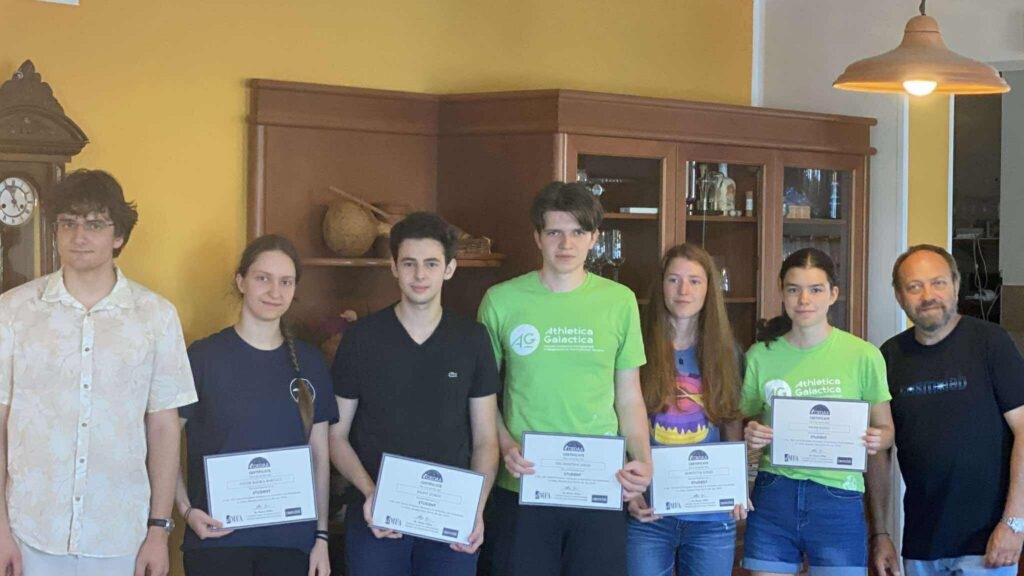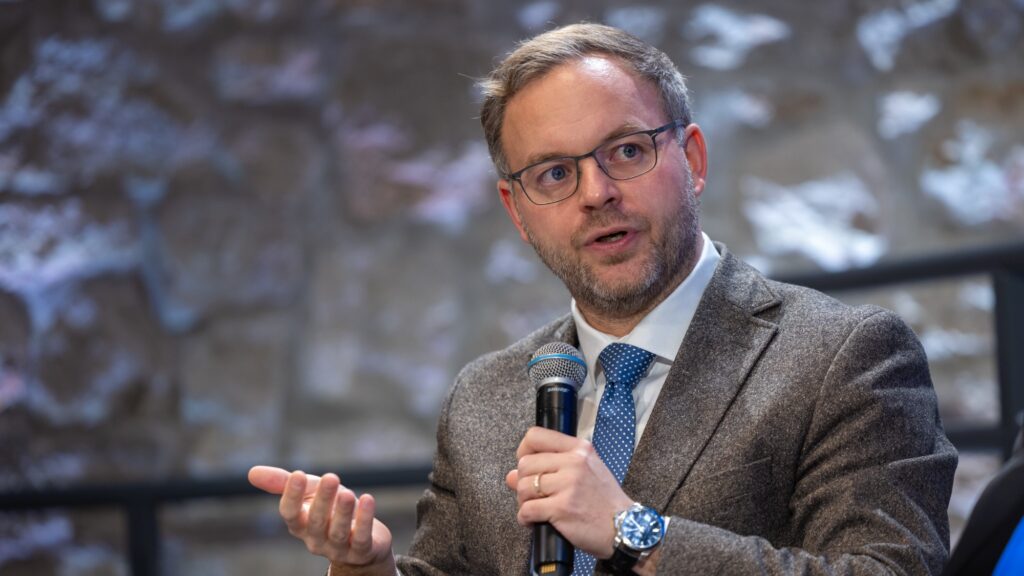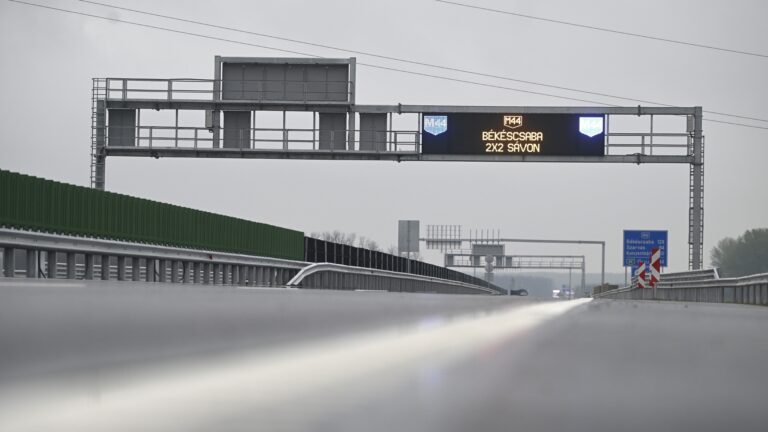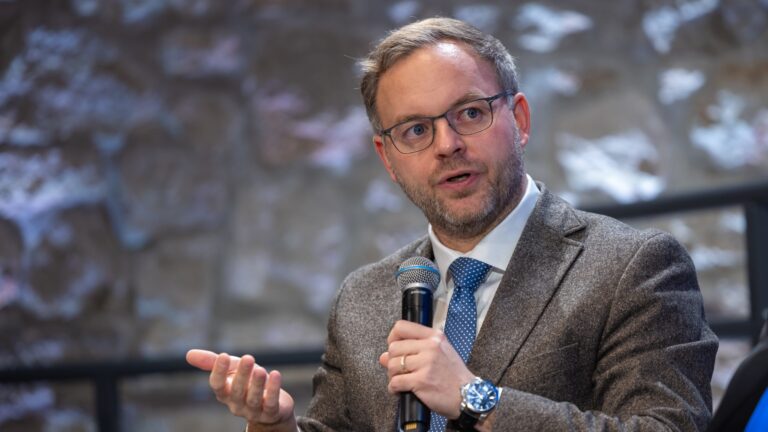The President of Szentkirályi, Levente Balogh, revealed to Világgazdaság that starting in 2024, Pepsi will be made from Szentkirályi mineral water in the CEE region. This is why the company purchased one of the world’s most modern bottling lines, suitable for both mineral water and soft drinks bottling.
There are no more questions: Levente Balogh confirmed that next year, Pepsi will move to Hungary, meaning thar the bottling of soft drinks, currently taking place in Austria, the Czech Republic, and Romania for the Hungarian market, will be transferred to Szentkirályi.
In 2018, the Central Europe Mineral Water Holding (CEMW) acquired PepsiCo’s Hungarian interests, making it the exclusive distributor of PepsiCo beverages and food products in Hungary and the holder of franchise rights. The Czech holding was founded by Levente Balogh in 2015 in partnership with the Italian Pasquale family, owners of the Mattoni 1873 group. Following the transaction, the Hungarian businessman became a significant minority owner and has since held the position of president. As part of the agreement, Szentkirályi Ásványvíz Kft. merged into CEMW.
The organisation is now working hard to bring Pepsi back home.
Balogh stated that the newly inaugurated Szentkirályi PET bottling line is capable of creating Pepsi products, but further investments are needed, such as establishing a water purification base and a syrup kitchen. The machine capable of bottling both mineral water and soft drinks costs 20-30 per cent more than a device exclusively designed for filling mineral water due to acidity considerations. ‘We purchased the more expensive equipment because we want to bring Pepsi production back home,’ Levente Balogh said.
He recalled that in 2015, Pepsi moved abroad from Soroksári Street, and the current 40,000-square-metre area is now used as a logistics centre for Szentkirályi. However, next year, with Pepsi being produced from Szentkirályi water, the company will save significant transportation costs and time, and as he put it, ‘free the roads from a lot of burden.’
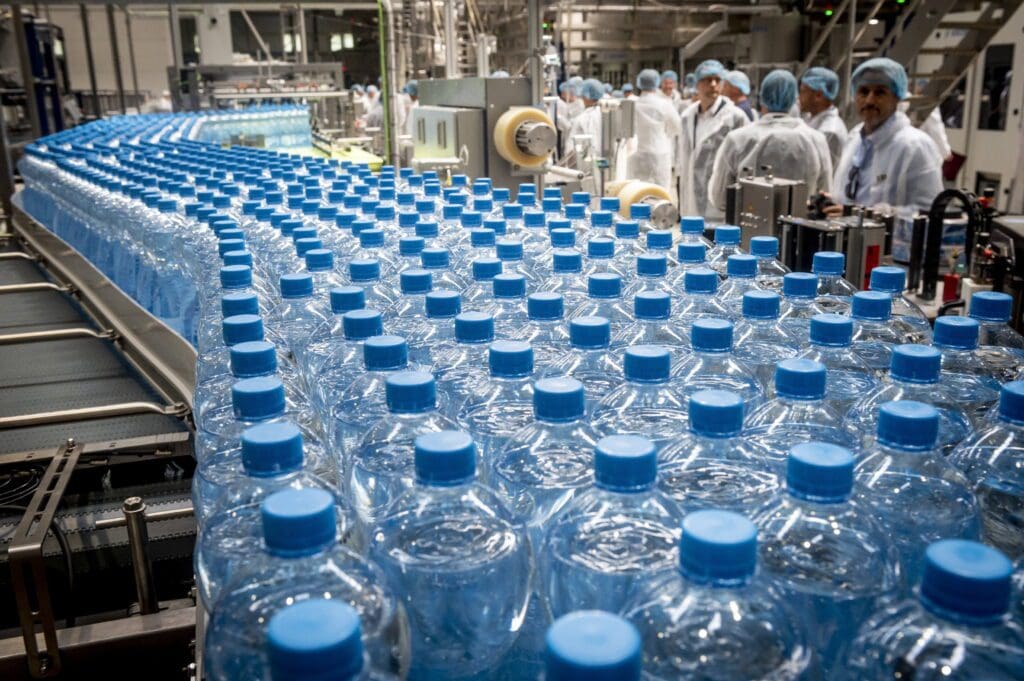
Alessandro Pasquale, the President of Mattoni 1873, also underscored the importance of bringing Pepsi to Hungary to the daily. Levente Balogh mentioned that when he was a child, he often dreamed about owning the rights to huge foreign brands like Pepsi, but he believed back then that it would be easier to build a new brand from scratch. He expressed his conviction that building a brand can only be done by manufacturing products with the world’s best technology.
Balogh believes that brands have the greatest chance of surviving crises, as was the case during the world wars and is still true now during the difficulties of the coronavirus pandemic and the Russo-Ukrainian conflict. For this reason, he thanked the Hungarian government not for ensuring the survival of the brand, as the brand is strong enough for that, but
for supporting the company’s natural growth.
He emphasised that the government’s goal is to have strong Hungarian brands operating in the country, and as Szentkirályi can only be bottled in Szentkirály, so it will always remain Hungarian water.

